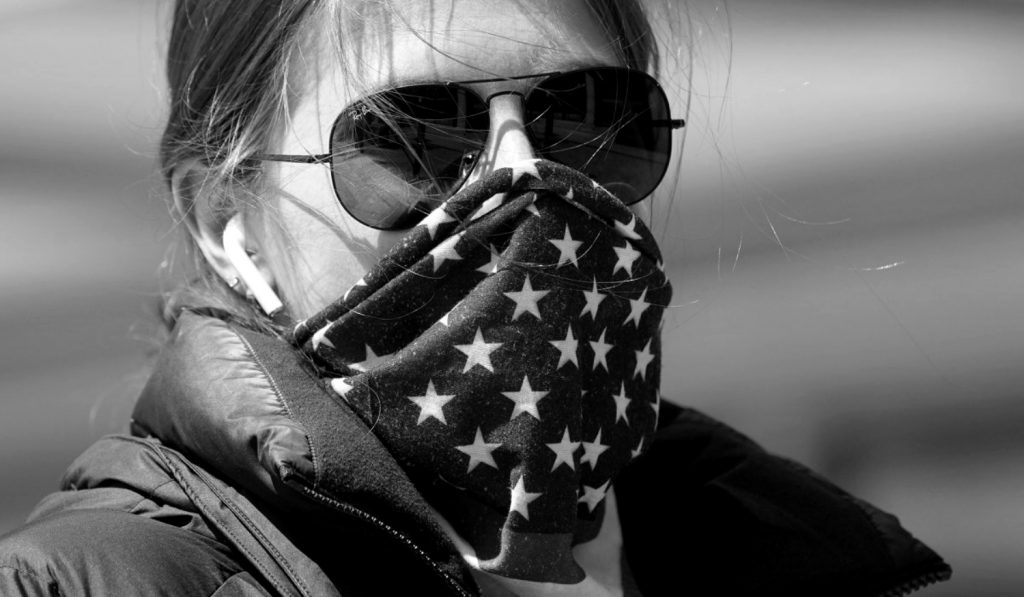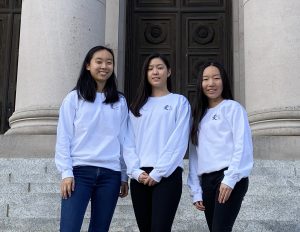The pandemic and social distancing have turned cities into a void. At the few places where there is still human contact, at home and at modified workplaces for example, there is a void of norms. No one knows how to act. In front of us, in the absence of our old lives, a new normal is hastily being created.

Crisis isn’t an opportunity in itself; it’s precisely the opposite: a difficult time. Real, material responses aren’t just ideal; they’re required. In the void of the normal lives we lost, our current actions have special impact. Every phone call, every venture outside, everything that you touch with your hands is evidence of your direct relationship to the materials of this historical change.
When you communicate with friends/family/coworkers/neighbors, you are filling the void. Video conferences and homes must become places where personal differences take a backseat to the value of interacting with others on a human level.
For better or worse, everyone is part of creating this new world, not by theoretical aspirations for the future but through our undeniable and unavoidable presence in a society in flux. This is true on the smallest scale, in every interaction. “Being there” for someone is a political act of solidarity. In our immediate but restricted socializing, we can prioritize equality, responsibility and freedom. When making decisions, we can normalize respect, solidarity and conscientiousness.
At home, this means actively creating a space where people can share personal struggles related to the health or financial crisis, without shame or embarrassment. A global pandemic is hard enough without adding personal feelings of guilt and inadequacy. In a crisis, survival is resistance because it intentionally fills the void.
Online, the bounds of conversations can be greatly expanded, personally and politically. Bringing up new subjects to friend groups or at family meetings is a radical tactic, not to indoctrinate or persuade but to insist on learning from each other and continuing to value engaged lives during the pandemic.
We can make an effort in our minimal interactions to genuinely ask what others think and to speak up ourselves with honesty. Authentic generosity can empower individuals to feel safe and confident participating in open conversations with others, and we can acclimate our families, our friends and ourselves to egalitarian norms of interacting.
This is not a recipe for a readybuilt utopia after a return to public life. This void has historical context. For oppressed people, the word “unprecedented” is meaningless. Yes, this year is unique but the struggle is the same. Paying bills and getting healthcare, facing institutionalized patriarchy and racism, unequal access to technology – all still exist.
There is a way to fill unpredictable absences with substantial dialogue, however. Everyone has the power to create instances of this better world today, not as building blocks for the future but as immediate, revolutionary injections into this particular crisis.
We don’t know what will come after this, yet we don’t have the luxury of not responding. A person is not a void. In this moment, nonaction has real effects. Still, the politics of void are not about being self-righteous or trying to be on the right side of history.
This moment demands authenticity, creativity, and participation from all of us. We need to practice what we preach for historical reasons because, in the absence of so many things we all took for granted, the things we do today will survive this crisis. What we do matters, in a material way, now more than ever. Carl Eugene Stroud is an online language teacher, with a background in French existentialism and anarchist pedagogy.

Be First to Comment